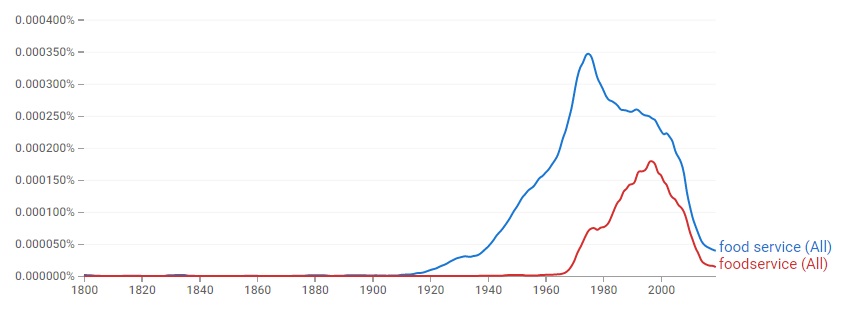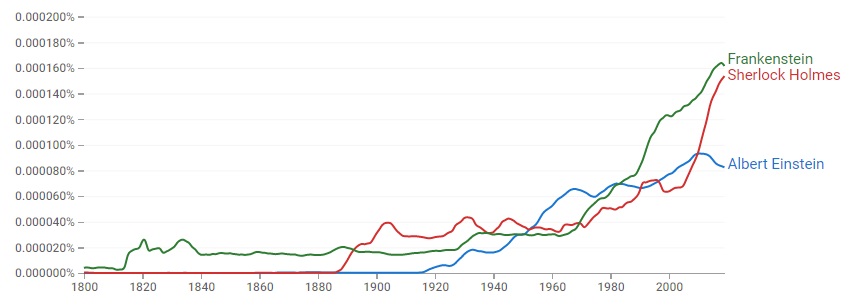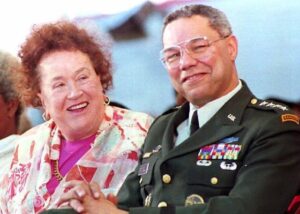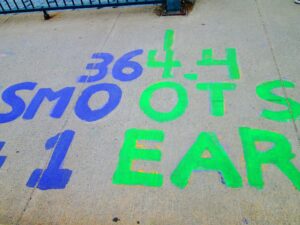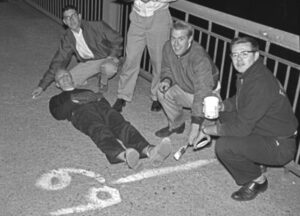Watching Tennis
Why would anyone care about how I watch a tennis match? That is an excellent question. That is about all I can say. I have no idea what the answer is. Of course, I hope that others might gain some insight into the game by reading about how I watch tennis matches on TV.
First of all, I rarely watch the ball. My head is not going back and forth like it is on a swivel. When the match starts, I am focused on one player; can you guess which one? Am I watching the server or the returner?
When the match starts, my eyes are fixed on the person returning serve. I want to know if the returner has a good sense of where the serve is going. I have watched matches where the returner leans the wrong way on nearly every serve. This implies that they are being fooled by something in their opponent’s service motion or toss. I have also seen matches where the returner can anticipate the direction of every serve.
A lot can be learned by watching the returner. After the return of serve goes over the net, I follow the feet of the returner. I am looking to see how light the player is on their feet. I am also looking to see if there is anything unusual in the player’s grips. Is there a lot of movement necessary for the player to change grips from forehand to backhand? This is important because the ball travels so fast in today’s game that many skilled players can take advantage of their opponent’s extreme grips. If you can make your opponent rush, you have an advantage. Roger Federer is the best I have ever seen at taking time away from his opponent. If a player can do this, they are at a decided advantage.
The next thing I look for in the returner is their ability to change direction quickly. There are lots of players on both tours that do not like to move forward. Coming to the net is not something that many modern players enjoy doing. Nearly all players camp out at the baseline in the modern game. That said, I spend lots of time analyzing the player’s movement from left to right. That first step is crucial when changing directions. It also can give insight into how well the player is anticipating their opponent’s shot selection.
One of my favorite tennis players of all time is Miloslav Mecir. He was a pro’s pro. He got up to number 4 in the world before a back injury necessitated his retirement at 26. He was an elegant player who never defeated an opponent by hitting them off the court. He used his brains and ability to place the ball wherever he wanted to win Olympic gold in 1988. He reached at least the semifinals of all 4 grand slam tournaments. He was light on his feet, and he was the best I have ever seen at getting pulled off the court and recovering. He was exceptionally quick. He was so much fun to watch; in fact, I believe that he was the most-watched player by other professionals. He could win tennis matches with his head alone.
After I watch the returner, I will move on to the server. Suppose the returner is having trouble determining the direction of the serve. In that case, I will try to figure out what the server is doing to create all the ruckus. I will watch closely to see if I can figure out where the serve is going to go. Of course, the angle isn’t the best, but I can usually see a thing or two. There is only so much to be learned if I can not see with the eyes of the returner, a view TV broadcasts do not show.
The same goes for a returner who is not fooled. I will try to figure out if the server is telegraphing their serve. The best story of a server letting their opponent know where the serve was going was told by Andre Agassi. He let the world know that Boris Becker, one of the greatest servers who ever lived, let Agassi know where the serve was going by unconsciously sticking out his tongue to the left or right. As you can guess, the direction of the tongue foretold the direction of the serve. Amazing, isn’t it? After I heard that, I was surprised that Becker’s camp never noticed what Becker was doing with his tongue.
What comes next? That is easy; I want to know how comfortable each player is with changing direction with their groundstrokes. I have noticed that the lesser ranked players have more trouble taking a cross-court shot and going down the line with the ball. And if they go down the line, especially on the backhand side, the shot is not near the sideline. They leave the ball in a place where it can easily be reached by their opponent. The top players tend to punish the ball with their down-the-line shots. They are much more assertive with their stroke and a lot more confident in the thought process behind it. Lesser ranked players create angles for their opponent to exploit when their down-the-line shots do not penetrate the court as much as they had hoped.
I will focus only on one player when the ball is in play, for example, during a long rally. I am watching their feet. Are they getting in the proper position to strike the ball? Are they taking that one extra step instead of lunging at the ball? Some professional players, especially the taller ones, have difficulty getting their feet to do what they want. Intelligent opponents take advantage of this.
The last thing I want to know is if either player is running around their backhand. In the men’s game, most players do. There are a couple of things I am looking at when this happens. Is the player simply running around their backhand to protect it because it is such a weak shot (Steve Johnson, I am looking at you), or are they hitting good, penetrating forehands. With most male players, the big forehand (and the crushing serve) got them on the pro tour.
One final thought on running around the backhand. In my estimation, the ability to hit the forehand “inside in” instead of “inside out” is a difference-maker. For a player to hit “inside in,” which is down the line instead of cross-court, indicates a very high skill level. Not all professional players attempt such shots, especially the lower-ranked ones.
I will be writing more about tennis, especially the mathematical, Game Theory approach to the game. I am also working on an essay about how to size up an opponent you have never played. Lots of tennis stuff coming shortly, including a piece about my niece, a freshman in high school who just qualified for the state tennis tournament.


